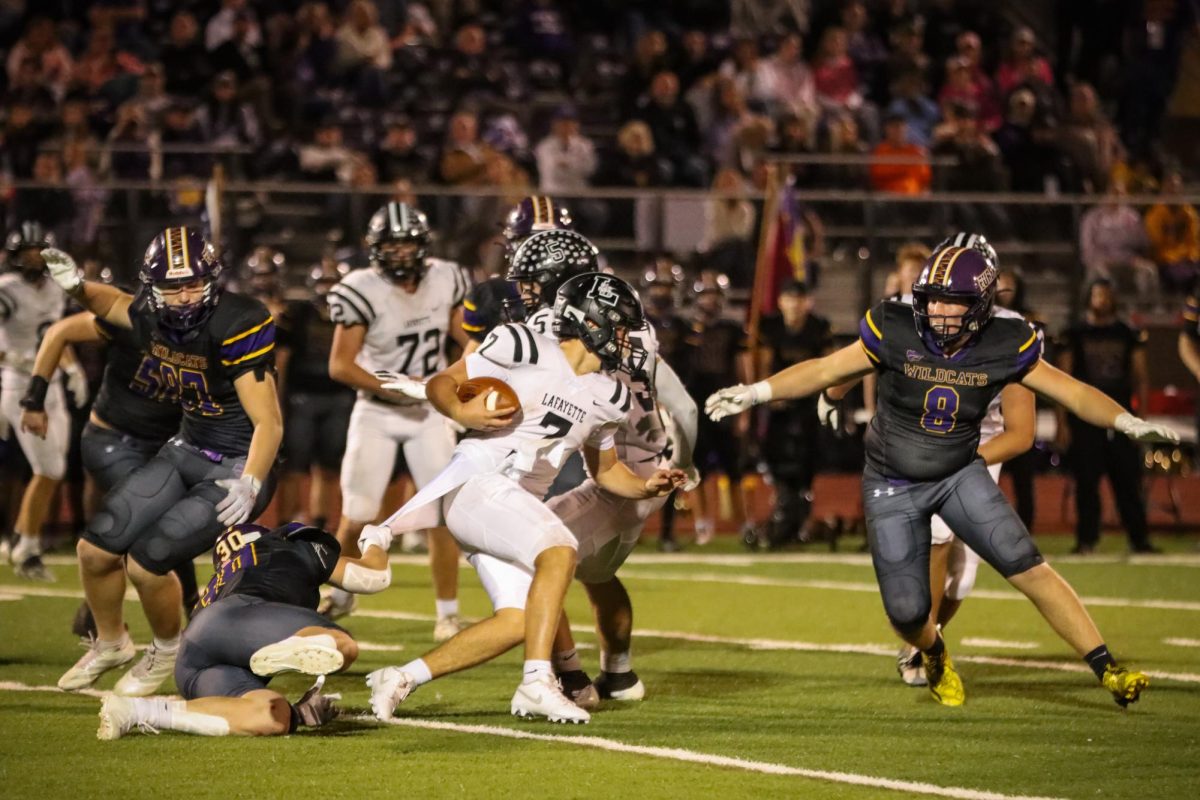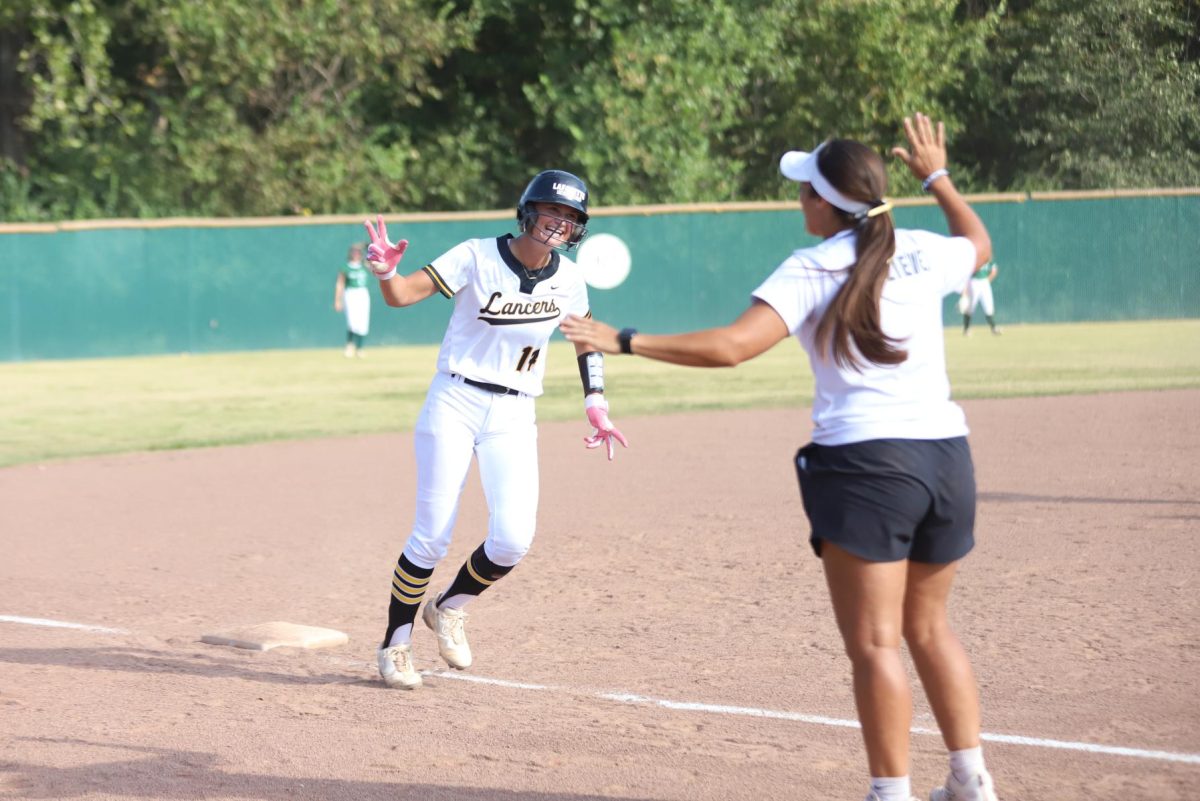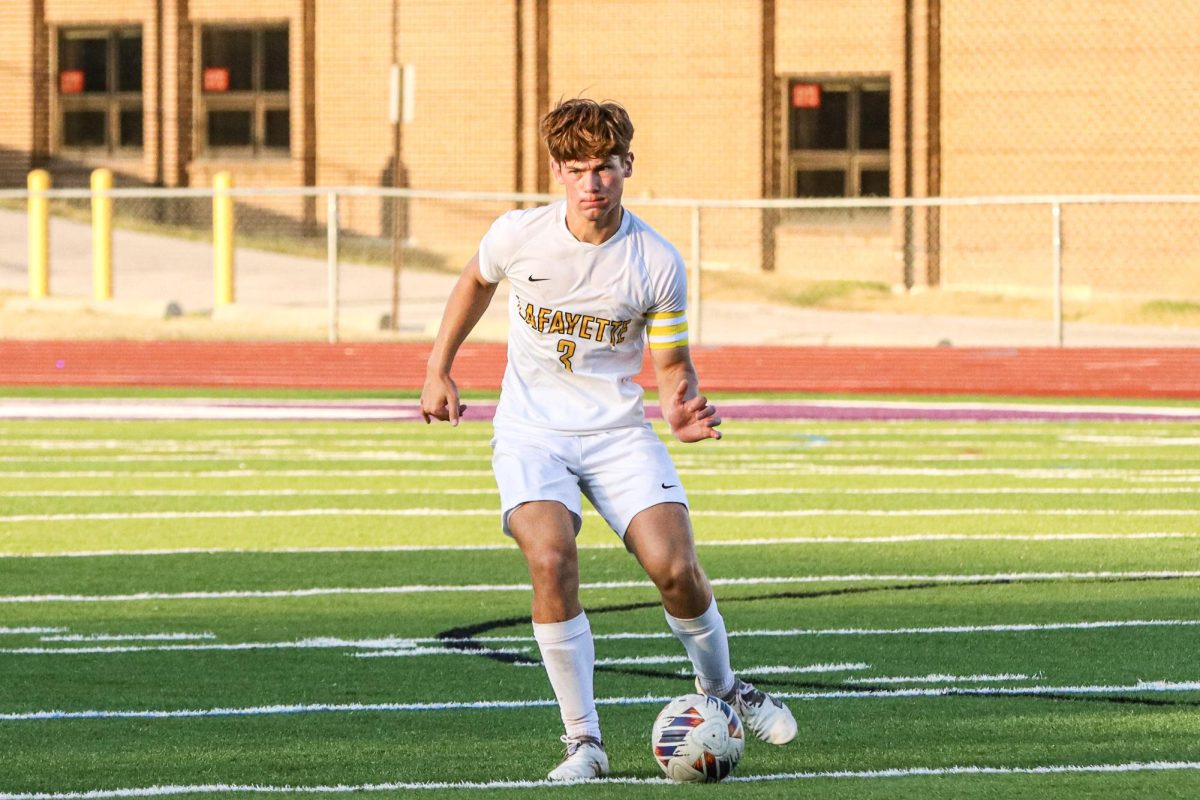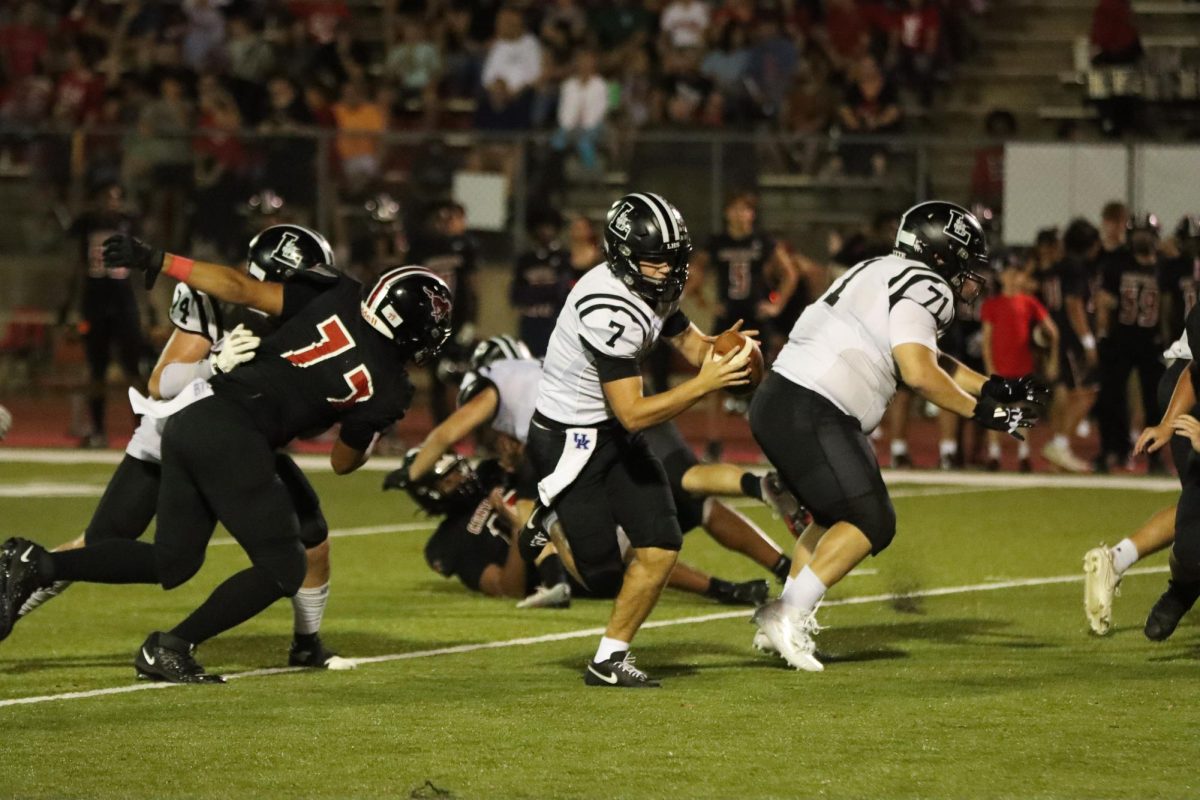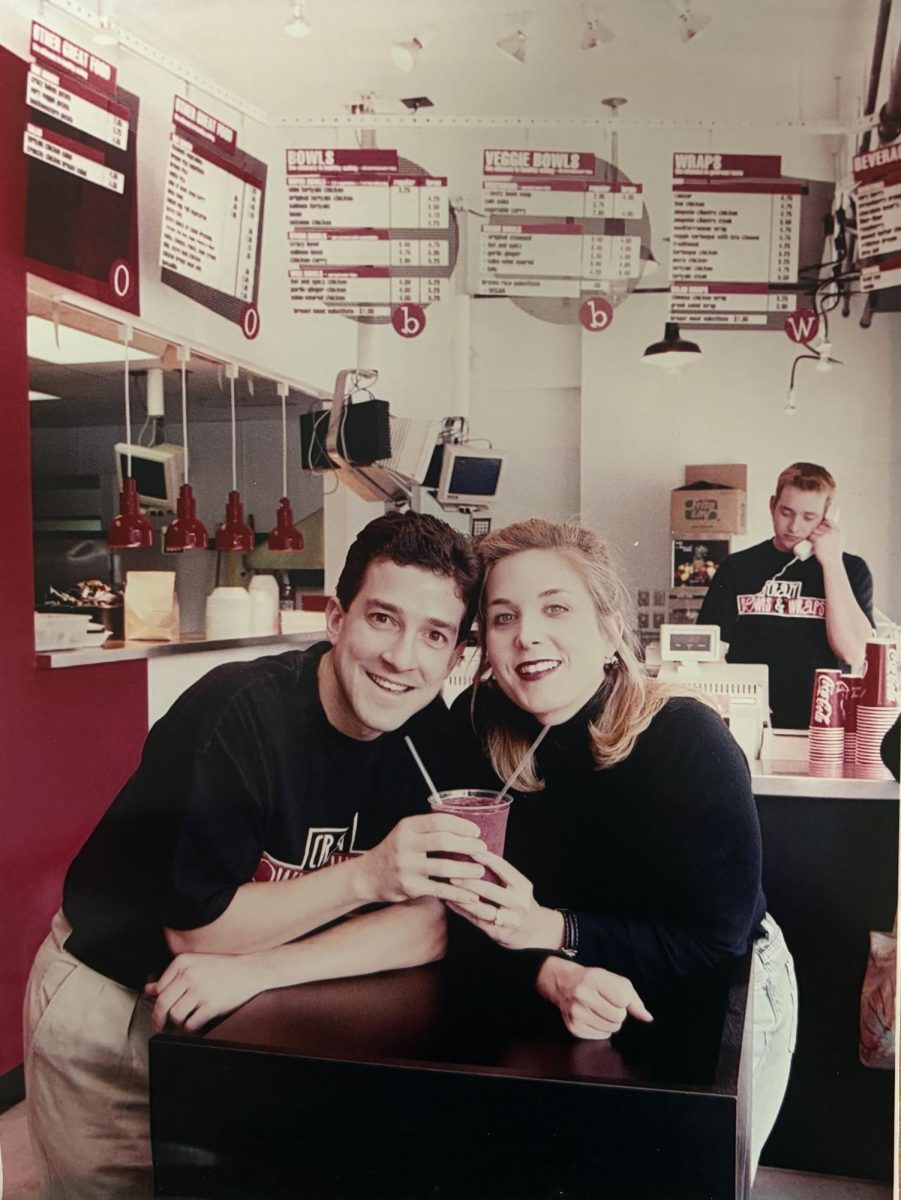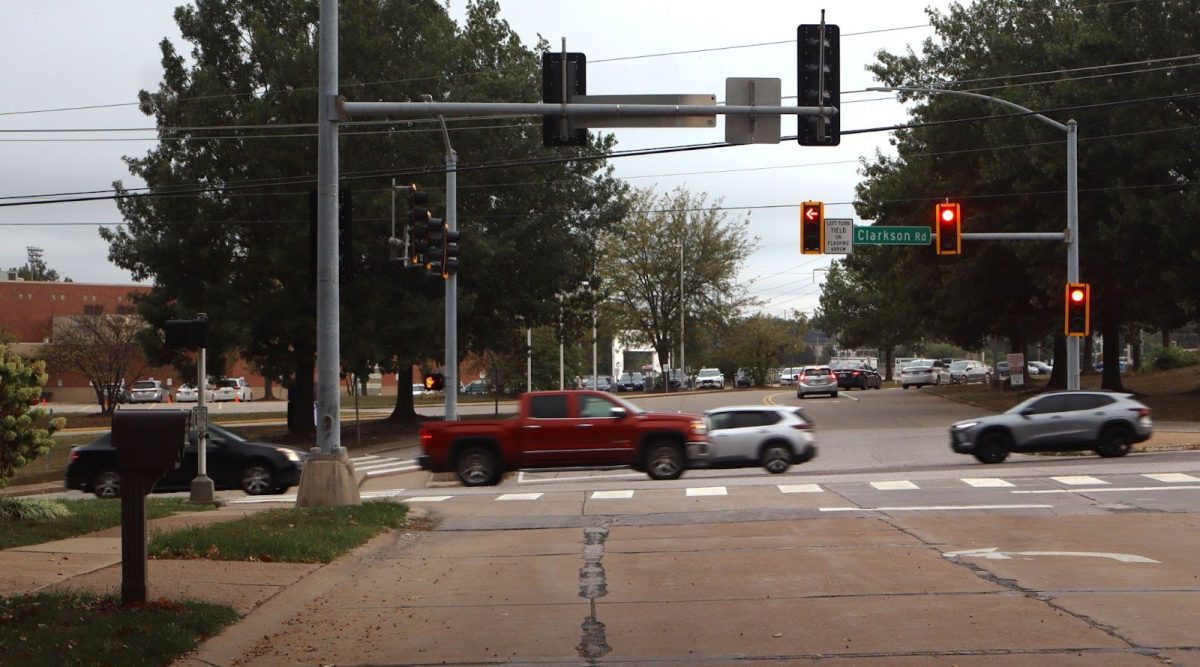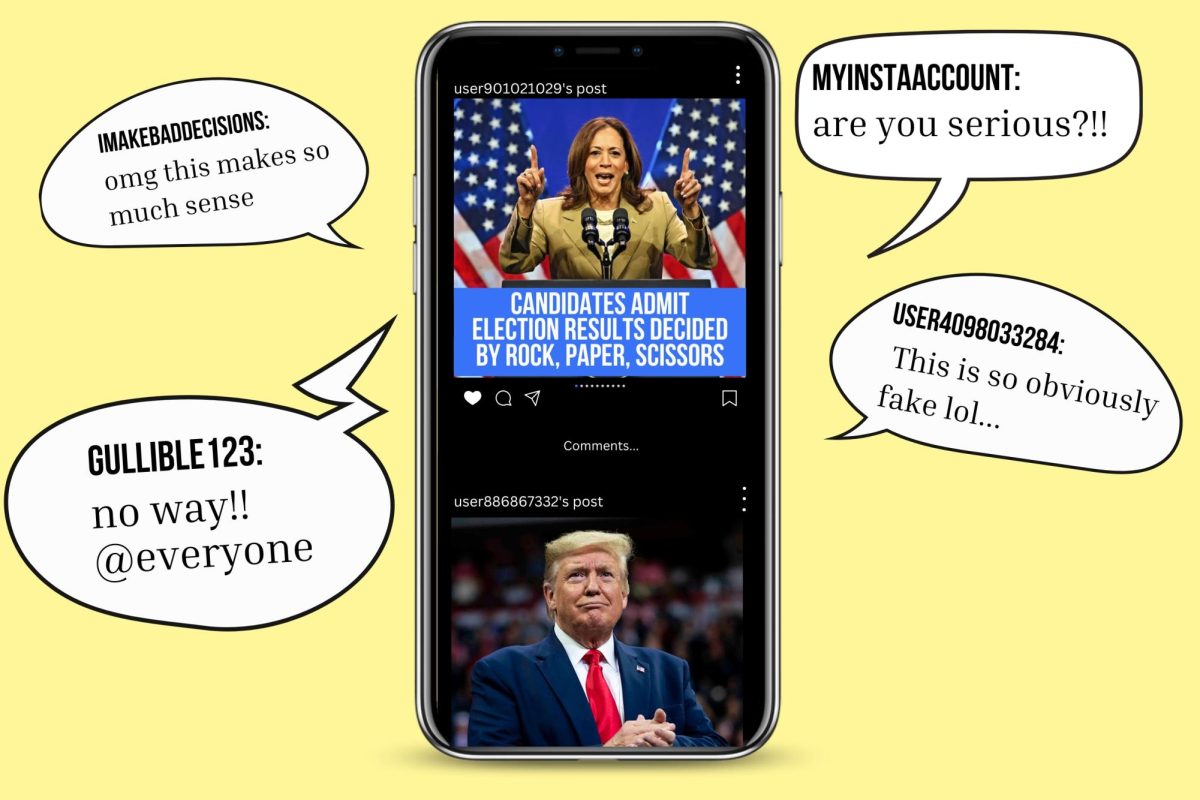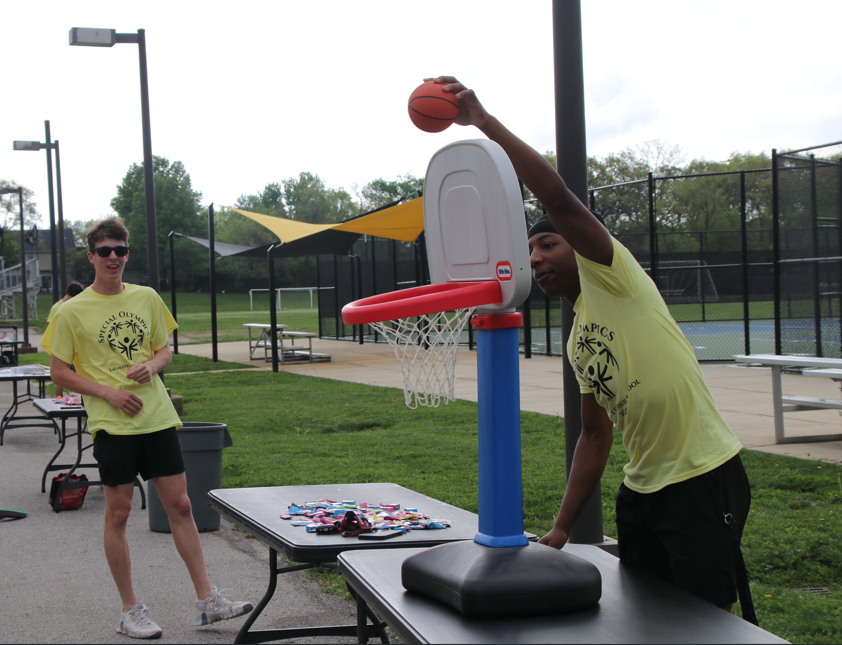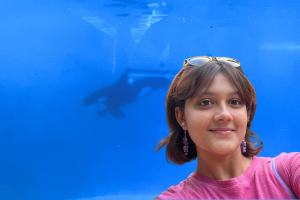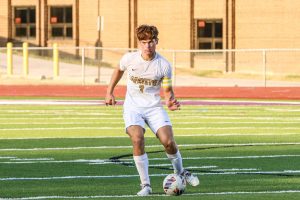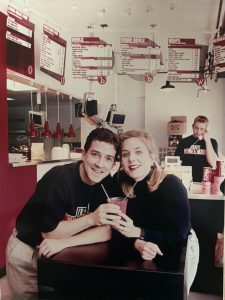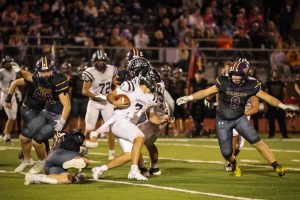Blog: Quarantine brought me closer to my national identity, for the better
September 14, 2020
The internet has incredible power to unite those who would have never encountered each other otherwise. For two girls, quarantine has provided enough time to be able to communicate across an 8 hour time difference and create a lasting bond, while seemingly only being connected through birthplace; Sophia Scheller and Sasha Verovka were both born in Minsk, Belarus.
Scheller inquires into her adoption, national identity
Quarantine has caused many people to pick up new hobbies or interests. For some, it may be knitting, painting or a new sport, but for me, I decided I wanted to begin searching for my birth mother in Belarus. While I have yet to find my birth mother, I have found a friend who has helped me understand what my life could have been if I wasn’t adopted.
I had always had questions about my adoption and birth mother that just couldn’t be answered, so naturally, I went to seek out information on my own, since I had plenty of time over the summer. I scoured Facebook and VK (Eastern European social network) for any traces of the name my birth mother gave. After coming up at several dead ends I decided to change my strategy.
I have had past success with finding online friends in Canada and the U.K., so I used the VK search function to look for someone who might want to talk to someone from Belarus. I was skeptical that anyone would return my messages; a new account in English claiming to be born in their country, I mean it was difficult for even me to believe.
I ended up reaching out to Саша (Sasha) and she responded to me with quite exquisite English. I ended up telling her my story of how I went from Minsk, Belarus to living in St. Louis, Missouri and she told me her story of growing up in Minsk.
From there our relationship blossomed and she helped me learn so much about the culture that I was not able to be immersed into as a child. A lot of my adoption questions at this point were along the lines of “how would my life be different if I was not adopted?” which Sasha helped me to get as close to an answer as I could get.

Right: This summer I sent this photo of a coffee shop in Maplewood to Sasha to show what a typical American shop looks like. (Sophia Scheller and Sasha Verovka)
Today, I feel I am able to have a better sense of my Belarusian roots and I am able to understand the cultural differences, which I believe is important to learn about, since every person has their own story.
I have found an Eastern European food store where I am able to eat the same things as Sasha and I am working on my own, currently, to learn and understand Russian so that I am able to communicate with Sasha in her native language.
Two people, two different ends of the world and two completely different stories and upbringings have suddenly been brought together through such an incredible time in history.
Verovka learns about US culture through help of Scheller
It’s absolutely fascinating to meet someone who is Belarusian outside of Belarus. Sometimes I feel like we’re a blank spot on a map, referred to as a “part of Russia” or “White Russia”, but meeting Sophia has changed that opinion. I see now that there are little droplets of our people here and there, I feel connected to the world as a whole.
I was so interested in Sophia’s life in the U.S. since the countries are incomparable and lots of social life’s aspects differ.
When I received the first-ever message from her, I was in disbelief. I knew some kids who were adopted to the EU, but the whole situation still looked made up. I’d never think somebody would be interested enough to do research on the place they come from. To be honest, a lot of people here think of the US as a heaven on Earth, and why would a person from there wonder about Belarus? I thought, “Oh, looks like a scam, but let’s see,” and then I’ve grown to talk to her daily.

Right: Sasha sent a photo of Minsk to show what the city looks like, especially capturing how different it is then it was in 2003 when Sophia was adopted. (Sophia Scheller and Sasha Verovka)
My English skills were good enough before meeting her, but now I type a lot faster, make less spelling mistakes and feel more confident about my knowledge. Not only did she help me keep up my [English] over the summer, but also she’s shown me some aspects of the US I haven’t thought about before. She’s always up to explain things I don’t understand, and that helps a lot.
I think my debating skills have improved as well; we talk about a broad variety of topics and now I can think of reasonable arguments faster and word them better. I’ve learned about the hidden America, the one they don’t show in the movies. Turns out, not all cities look like New York or Los Angeles and not all high schools seem to have come off the set of “Victorious” and there are many more cultures and social intricacies that they don’t bother to show in mass media.
She would send me pictures taken in different spots of the city. She helped me learn some aspects of culture, like being politically correct while speaking, everyday life of an American person, the schooling system and sports. I was pleasantly surprised to learn sports are a big thing in the US, [as] it’s important to involve youth in such activities.






